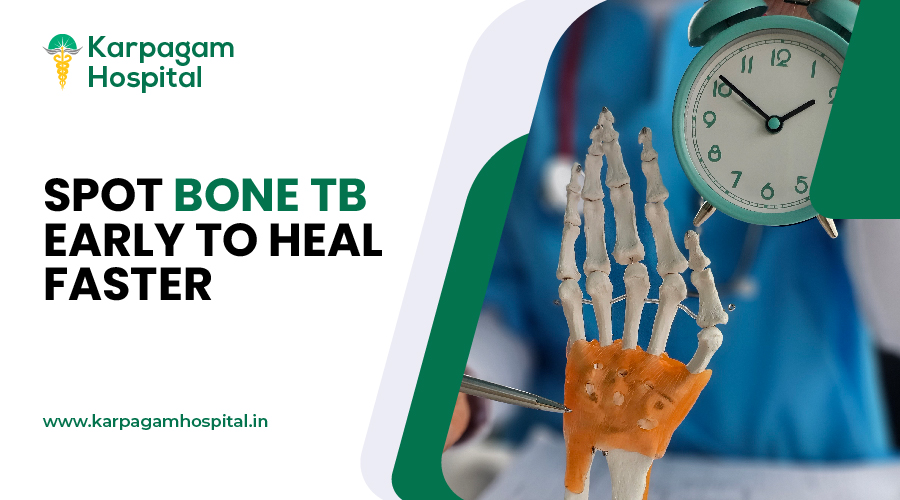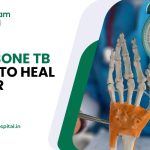Introduction:
Whether you’re battling the summer heat, recovering from a stomach bug, or supporting someone with a fever, oral rehydration might be one of the simplest yet most effective solutions at your disposal. But what exactly is oral rehydration? Why is it such a go-to for doctors, athletes, and caregivers alike? Let’s dive in.
We’re breaking it down into easy-to-digest bits so you can understand when to take ORS, why ORS is used, and how this humble powder can make a big difference in your health routine.
What is Oral Rehydration?
At its core, oral rehydration is a method to replenish lost fluids and electrolytes. When your body is dehydrated—whether from vomiting, diarrhea, excessive sweating, or illness—it loses not just water but also essential salts like sodium and potassium. These are critical for your body to function normally.
That’s where an oral rehydration solution (ORS) steps in. It helps bring your hydration levels back to balance and keeps things running smoothly inside your body.
What Does ORS Stand For?
You might’ve heard the term ORS tossed around in pharmacies or during a doctor visit. ORS stands for Oral Rehydration Solution—a medically approved mix of salts, sugar, and water. This combination helps the body absorb fluids faster and more efficiently than plain water.
And no, it’s not just for emergencies. ORS can be part of your regular health toolkit, especially during hot weather or physical activity.
1. When Should You Take ORS?
Knowing when to take ORS is key. Some of the most common situations include:
- After intense workouts or sports
Sweating causes athletes to lose a lot of electrolytes. ORS helps them rehydrate without overloading on sugar, unlike many sports drinks.
- During or after a stomach bug
Vomiting and diarrhea can quickly dehydrate you. ORS helps restore lost fluids faster than water alone.
- In case of fever
When your body temperature rises, you tend to lose more fluid. ORS can help maintain balance.
- Travel-related stomach upsets
If you’ve ever had a case of “traveler’s tummy,” you know how brutal it can be. ORS helps you bounce back quicker.
2. What Is ORS Used For?
What is ORS used for? Great question. Beyond the common cold or flu, ORS plays a major role in managing:
- Dehydration caused by diarrhea or vomiting
- Heat exhaustion
- Mild cases of food poisoning
- Post-surgery recovery
- High-fever illnesses like dengue or malaria
It’s also widely used in pediatric and geriatric care, where dehydration can become dangerous very quickly.
3. ORS Powder Uses: Why It Matters
The convenience of ORS powder uses is one reason why it’s a staple in homes and hospitals alike. Here’s why:
- Easy to store and travel with
- Long shelf life
- Quick to mix just add to clean water
- Available over-the-counter without a prescription
For caregivers and parents, it’s a life-saver during sudden dehydration episodes in children or the elderly.
4. How Many ORS Per Day Is Safe?
“How much is too much?” is a valid concern. While ORS is safe for regular use during dehydration episodes, how many ORS per day you can take depends on the severity of dehydration and your overall health condition.
As a general guideline:
- Adults: 200–400 ml after each loose stool or episode of vomiting.
- Children: Consult a pediatrician, but usually 50–100 ml per episode for children under five.
Always read the label and don’t overdo it—your body knows best.
5. Why ORS Is Used Over Other Hydration Methods
Let’s be real: water is great, but when you’re dehydrated, it’s just not enough. Here’s why ORS is used instead:
- Faster absorption of fluids and salts
- Helps prevent complications from severe dehydration
- Safe for all ages
- Backed by science and WHO guidelines
In fact, the World Health Organization (WHO) has long endorsed ORS as a frontline treatment for dehydration caused by diarrhea. It’s especially effective in low-resource settings where access to IV drips may be limited.
6. Choosing the Right ORS Product
So you walk into a pharmacy and see a bunch of ORS packets. Which one should you grab?
Look for:
- WHO-recommended formula (usually marked on the pack)
- Trusted brands or hospital-recommended products
- Avoid flavored versions if you’re sensitive to additives
And if you’re ever unsure, a quick chat with your healthcare provider can steer you in the right direction.
7. Oral Rehydration and Dental Health: Is There a Link?
While ORS is not directly related to oral health, staying hydrated is crucial for maintaining saliva flow, which protects your teeth from decay. Dehydration can cause dry mouth, which raises your risk of gum disease and cavities.
If you’re recovering from dehydration and also concerned about your dental health, it’s worth checking in with the Best Dental Hospital in Coimbatore for a complete oral check-up.
Conclusion
The simplicity of oral rehydration is what makes it so lovely. It’s a powerful, accessible, and science-backed way to keep your body balanced when life throws a curveball—be it a bug, a workout, or the blazing sun.
The next time someone asks, “What’s in that little ORS packet?” you’ll not only know the ORS full form but also how it helps, when to take it, and why it’s trusted worldwide.
So, stay hydrated, stay informed—and keep a packet of ORS in your first-aid kit. You never know when it might come in handy!
About Karpagam Hospital
Karpagam Hospital is dedicated to healthcare excellence, offering exceptional medical services with compassion and integrity. As a not-for-profit institution, we prioritize ethical medical research and actively support underserved rural communities. Our resources are responsibly managed to enhance education, patient care, and infrastructure, reflecting our commitment to societal and environmental well-being.
Disclaimer:
The information provided in this blog post is intended for general informational purposes only. It is not a substitute for professional medical advice, diagnosis, or treatment. Always seek the advice of your physician or other qualified healthcare provider with any questions you may have regarding a medical condition. Never disregard professional medical advice or delay in seeking it because of something you have read in this blog.








